Talking Policy Archive
Talking Policy in the Queen City 2025
“Generations of Change: School Desegregation and Resegregation”
April 2, 2025
7:00 p.m. with a student poster session and reception with light refreshments at 6:00 p.m.
The Dubois Center at UNC Charlotte Center City
320 E. 9th St, Charlotte, NC 28202
Open to the public at no charge
For over fifty years, since the US Supreme Court upheld desegregation in a Charlotte-based case against the Board of Education in 1971, the issue of desegregation—and resegregation—has been important to our city. In the 7th Annual Talking Policy in the Queen City; a panel organized by UNC Charlotte’s Public Policy Ph.D. program will share expertise and insights gained from academia, research, and firsthand experience in the Charlotte community. Each panelist will bring a unique perspective, contributing to a comprehensive dialogue that aims to deepen our understanding of complex issues. The Public Policy Ph.D. Program, which has operated for over 20 years, also presents a research poster presentation session to highlight the work of its doctoral students with a light reception.
Highlights:
- Gain insights from the latest research findings and academic perspectives on school desegregation and resegregation.
- Hear firsthand experiences and initiative from community leaders who are active addressing the issue.
- Engage directly with the panelists during the Q&A session.
Moderating this panel will be James Garvin, M.S.
Meet Our Panelists:
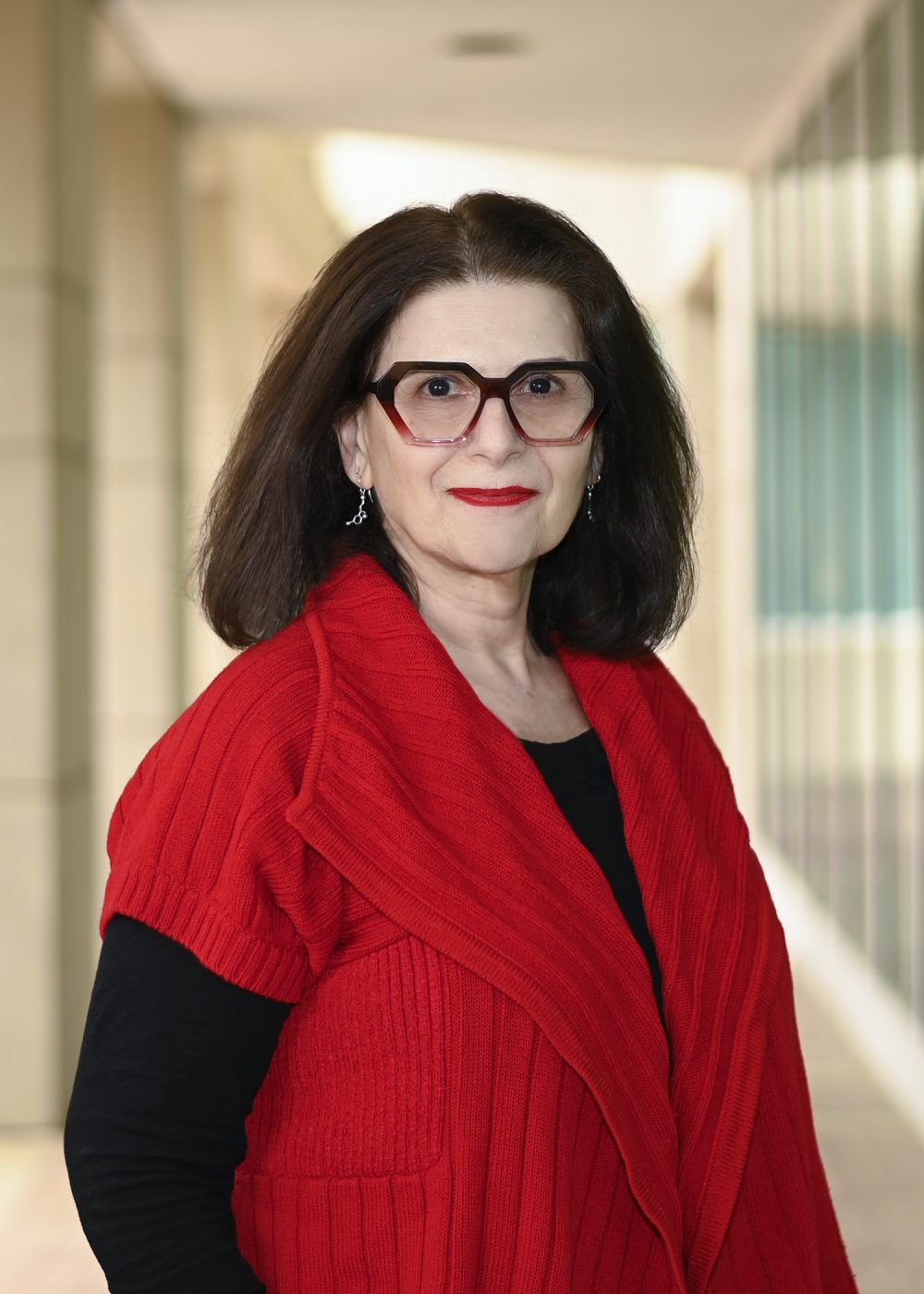
Roslyn Arlin Mickelson, Ph.D.
Roslyn Arlin Mickelson, Ph.D., is Chancellor’s Professor and Professor of Sociology, Public Policy, and Women & Gender Studies at the University of North Carolina at Charlotte. She taught public high school social studies in Southern California for nine years and earned her Ph.D. from the University of California, Los Angeles in 1984. Before joining the UNC Charlotte faculty in 1985, Mickelson completed a postdoctoral fellowship in public policy at the University of Michigan, Ann Arbor. Mickelson is an elected Member of the National Academy of Education and an elected Fellow of the American Educational Research Association and the National Educational Policy Center. She has been a Visiting Scholar at Universities in Australia, Belgium, Brazil, and the United States and is an immigrant a naturalized citizen of the United States.
Mickelson’s research examines how the organizational features of educational institutions interact with students’ race, ethnicity, gender, and social class to shape educational opportunities, teaching and learning processes, and PreK-16 student outcomes. Her forthcoming book, The Roots of STEM Success is co-authored with Elizabeth Stearns and Martha Bottia (Oxford University Press, forthcoming in 2026). Mickelson’s previous books include Yesterday, Today, and Tomorrow. School Desegregation and Resegregation in Charlotte (Harvard Education Press, 2015) and Children on the Streets of the Americas: Globalization, Homelessness, and Education in the U.S., Brazil, and Cuba (Routledge, 2000). She is the author or co-author of over 200 peer-reviewed journal articles and chapters in sociology, public policy, educational science and political science books or collections.
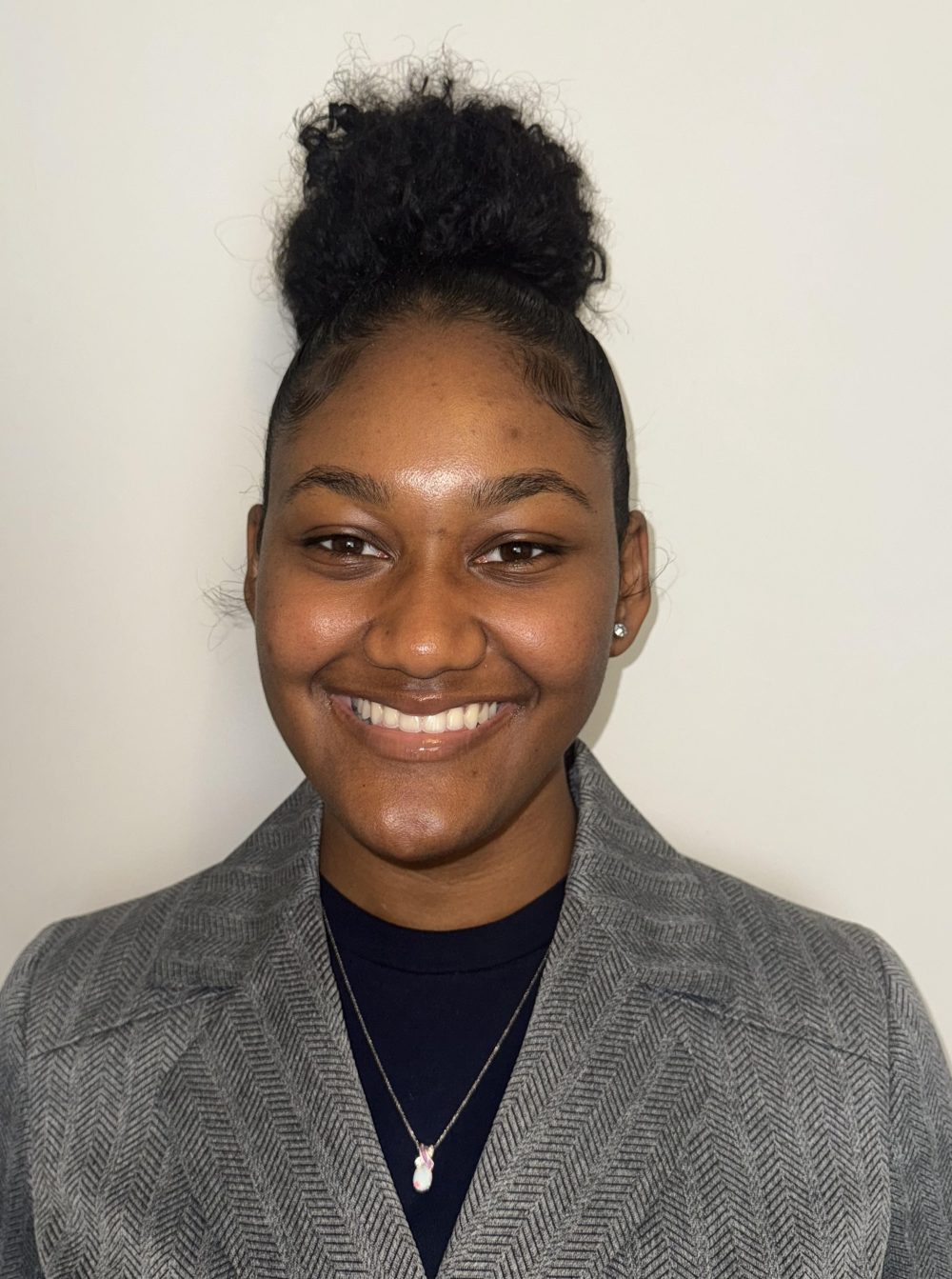
Thai Bonapart
Thai Bonapart is a first-year student at North Carolina A&T, majoring in Food and Nutritional Sciences with a concentration in Nutrition. She is passionate about promoting preventive and holistic care, with aspirations to become a physician assistant. Bonapart currently serves as the student director for An American Education, a film for the PBS Bykids Documentary Series. The film explores themes of race and education by highlighting stories that inspire dialogue and change. Thai graduated from West Charlotte High School, the main setting of the film, in 2024. Her father, Thadius Bonapart III, graduated from West Charlotte in 1993.

Daisy Walker, Ed.D.
Daisy Walker, Ed.D., is a dedicated educator, community leader, and advocate with nearly 50 years of service to Charlotte-Mecklenburg Schools. She began her career in 1969 as one of the few African-American teachers at Randolph Middle School, teaching eighth-grade English with a firm commitment to discipline and excellence. She later became an assistant principal and principal at multiple schools, including Garinger High and Wilson Middle, where she shaped the lives of countless students.
Even after her official retirement in 2006, Walker remained deeply involved in education. She worked with organizations supporting schools in Charlotte-Mecklenburg and later served as the coordinator of volunteers for Project LIFT at West Charlotte High School. She also spent 10 years teaching English at Central Piedmont Community College in its high school completion program.
Beyond education, Walker is a respected community leader. She is president of the Charlotte chapter of The Links Incorporated, a national women’s organization, a member of Delta Sigma Theta sorority, and a deacon at Friendship Baptist Church, which she has attended since 1973. A Wilmington native, Walker holds a bachelor’s degree from Winston-Salem State University and a doctorate in educational leadership from UNC Charlotte. In 2017, she was named the Charlotte Post Foundation Educator of the Year.
About the Moderator
James T. Garvin, M.S.
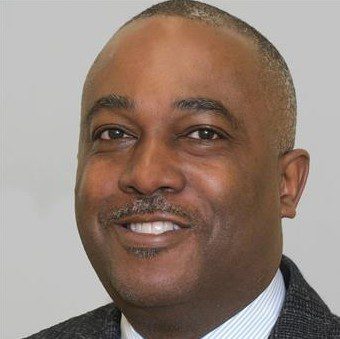
James T. Garvin, M.S., is a dedicated educational leader with over three decades of experience in school leadership, instructional excellence, and professional development. As the Executive Director of Educational Leadership Development for Charlotte-Mecklenburg Schools (CMS), he leads strategic initiatives that build leadership capacity, enhance student achievement, and drive continuous school improvement.
Throughout his career in CMS, Garvin has served as an Executive Director of Learning Communities, Principal, Assistant Principal, and Teacher, impacting thousands of students and educators. His leadership in the Northwest and Central 1 Learning Communities led to significant academic gains, including increases in Grade Level Proficiency, College and Career Readiness, and achievement gap reduction. As a principal at Reid Park Academy and Cornelius Elementary, he led schools to sustained academic growth and recognition for excellence.
Garvin holds a Master of Education in Educational Leadership from Gardner-Webb University and a Bachelor of Arts in Elementary Education from Johnson C. Smith University. He is also a National Board Certified Teacher in Middle Childhood Generalist.
Talking Policy in the Queen City 2024
Talking Policy – Addressing Homelessness and Housing Policy in the Carolinas
April 25, 2024
7:00 p.m. with a student poster session and reception with light refreshments at 6 p.m.
The Dubois Center at UNC Charlotte Center City
320 E. 9th St, Charlotte, NC 28202
Parking https://duboiscenter.charlotte.edu/parking
Faculty and Staff: To use your University parking pass, you must purchase a non-discounted permit and add CCB permission to your permit at the time of purchase.
Open to the public at no charge
In the 6th Annual Talking Policy in the Queen City, presented by The University of North Carolina at Charlotte’s Public Policy Ph.D. Program, our panelists will share their expertise and insights gained from academia, research, and firsthand experience in the Charlotte community. Each speaker brings a unique perspective, contributing to a comprehensive dialogue that aims to deepen our understanding of the complex issues surrounding homelessness and housing policy. The Ph.D. program, which has operated for over 20 years, also presents a research poster presentation session to highlight the work of its doctoral students with a light reception. Learn more about the Public Policy Program.
Highlights:
- Gain insights into the latest research findings and academic perspectives on homelessness and housing policy.
- Hear firsthand experiences and initiatives from community leaders actively addressing the issue.
- Participate in a Q&A session to engage directly with the panelists.
Moderating this panel will be former Charlotte Mayor, Jennifer Roberts.
Meet our Panelists:

Stephanie Southworth, PhD
Assistant Professor
Department of Sociology
Co-Director of the Community Change Initiative
Community Change Initiative – Coastal Carolina University
Stephanie Southworth, PhD is an assistant professor of sociology at Coastal Carolina University. Her research focuses on structural causes of food and housing insecurity. Over the past seven years she and her colleague have interviewed over 400 people experiencing homelessness. two hundred and fifty of the interviews are included in her coauthored book, Homelessness in the 21st Century: Living the Impossible American Dream, Routledge, 2023.

Lori Thomas, PhD
Executive Director
Urban Institute and Charlotte Regional Data Trust
Lori Thomas, Ph.D., is the executive director of the UNC Charlotte Urban Institute and Charlotte Regional Data Trust and an associate professor of social work. As executive director, she leads the work of community-engaged researchers and graduate students and facilitates use of integrated data by faculty researchers and community organizations. A Tennessee native, Dr. Thomas holds a master‘s and Ph.D. in social work from Virginia Commonwealth University. Her scholarship includes systemic and programmatic responses to homelessness and housing instability across the lifespan, building from more than 15 years of experience as a practitioner and scholar.
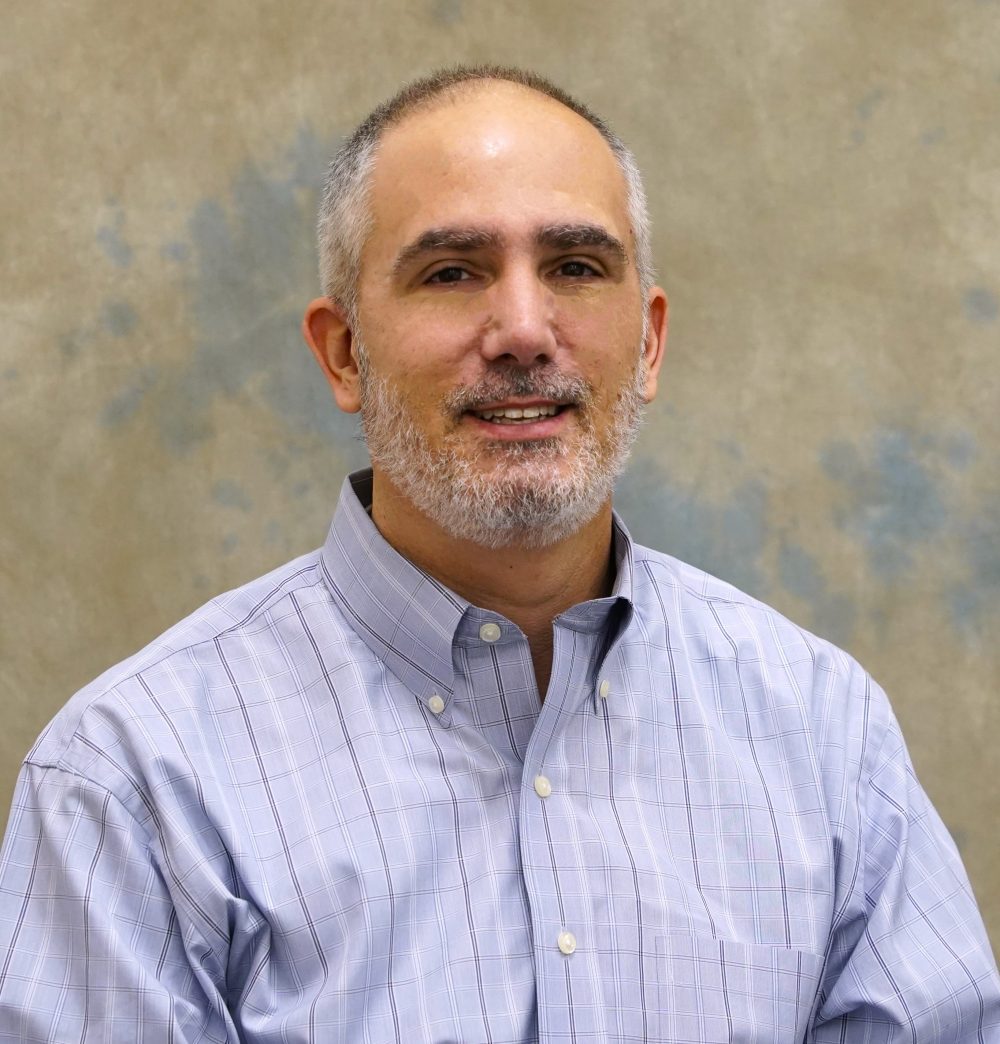
Warren Wooten
Assistant Director – City of Charlotte – Affordable Housing
Housing & Neighborhood Services
With an extensive 20-year career spanning nonprofit organizations, local government, and the private sector, Warren brings a wealth of experience to the realm of housing, business development, and community infrastructure. Currently serving as the Assistant Director of Affordable Housing for Charlotte, North Carolina, Warren oversees a substantial annual budget exceeding $35 million. In this role, he drives initiatives ranging from homelessness prevention to facilitating homeownership, contributing to the vibrant growth of the community.
Warren is a lifelong learner with degrees from George Mason University and NC State University and is a member of the American Institute of Certified Planners. Warren is also a proud UNC Charlotte student pursuing a Ph.D. in Public Policy. Warren resides in Matthews with his wife and daughters.

Shamaiye K Haynes
Co-Director
QC Family Tree
Shamaiye Haynes is a lifelong champion for social justice who relocated from Cincinnati to Charlotte in 2012. She is most known for her efforts to improve education outcomes for children and their families. Her career as Co-Director of QC Family Tree in Enderly Park has afforded her the opportunity to become more invested in expanding affordable housing. She is leading the effort to shift the organization from being a small landlord to becoming an affordable housing developer as an anti-displacement, equity, and wealth-building strategy for marginalized people.
About the Moderator:
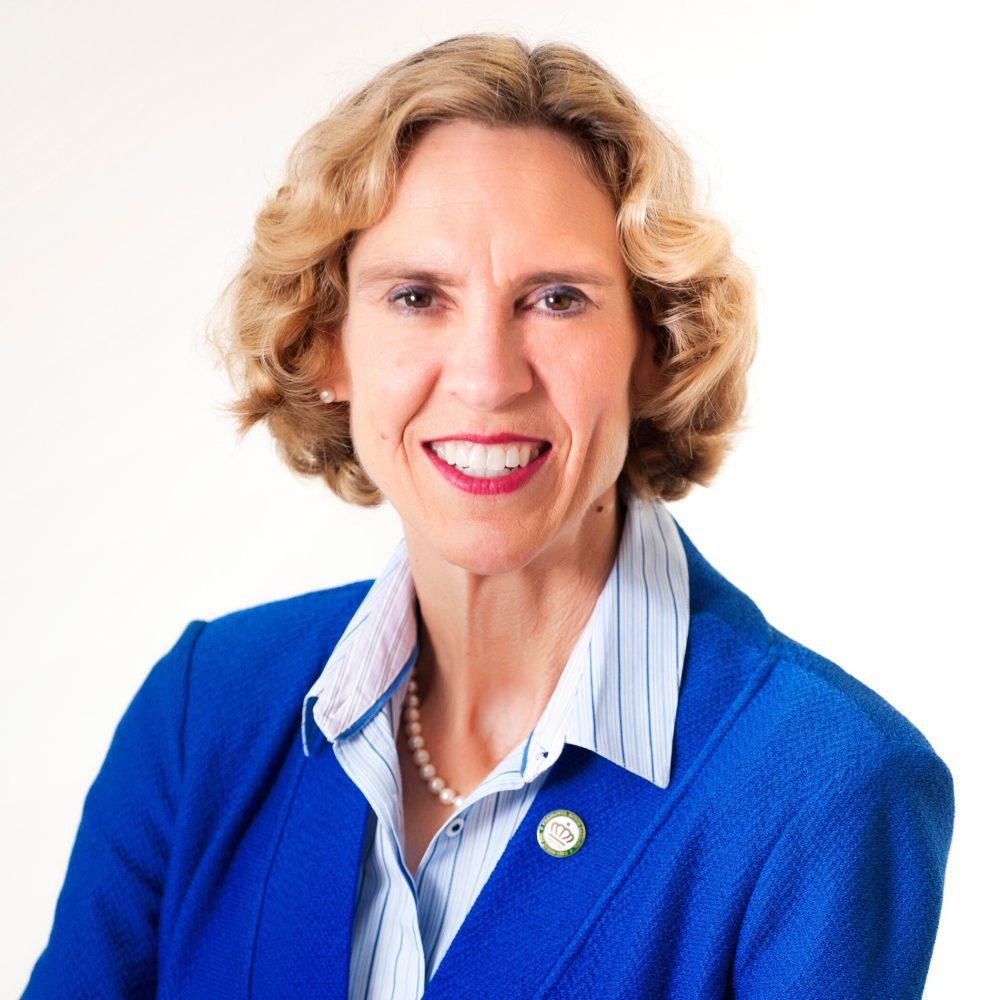
Jennifer Roberts
Former Mayor of Charlotte
Carter Center, President Carter’s Foundation & co-founder of the Reimagining America Project
Jennifer Watson Roberts is a former Mayor of Charlotte and a lifelong champion of issues related to education and equality. She is the first person to be elected to serve as both Chairman of the Mecklenburg County Commission and later as Mayor of Charlotte. She is the former Mecklenburg County Commission Chair, and former Director of the Path to Positive Communities Program with ecoAmerica, a national non-profit working on climate action in the United States. Since 2021 she has been working with the Carter Center, President Carter’s Foundation, with its program to support democracy and fair and secure elections in the US. She is also the co-founder of the Reimagining America Project, which is a community effort to tackle the impact of historic racism on many issues in our region, including housing policy.
Roberts was instrumental in creating a public/private partnership to build a new shelter in Charlotte for survivors of domestic violence and spearheaded the creation of Charlotte NEXT, an initiative dedicated to improving after school programs for at-risk teens. During her tenure as Mayor, the City of Charlotte set a goal of funding 5,000 affordable housing units over 3 years and is currently on track to exceed that goal.
Mayor Roberts also led the passage of a Charlotte Non-Discrimination Ordinance that included the LGBTQ community. Though this NDO was later struck down by the NC General Assembly, this discriminatory action by the state led to national attention, boycotts, and eventual (partial) reversal of the law known as HB2. In addition, more transgender candidates than ever ran for office around the country in the year following, and many have been elected.
Roberts has also been a life-long advocate for clean air and water and for environmental justice. While Chair of the Mecklenburg County Commission, she championed a Park and Rec Master Plan, supported energy reduction and conservation in County operations, and headed a Clean Air Works initiative to reduce carbon emissions in area businesses and the County’s carbon footprint. As mayor, she signed the Mayor’s Climate Pledge and introduced a Clean Energy Resolution for the City of Charlotte.
She has worked as a diplomat for the State Department, as an international banker, as an adjunct professor at UNC Charlotte, and as a high school math teacher. She currently serves on numerous community boards and commissions, including Meck Ed, Caldwell Presbyterian Creation Care Team, Mecklenburg Metropolitan Interfaith Network, Charlotte Mecklenburg Climate Leaders, Reimagining America Project, and more.
Roberts is a proud recipient of the Maya Angelou Women Who Lead award, the National Association of Women Business Owners’ Public Policy Leader of the Year award, and Equality North Carolina’s Ally of the Year award. She received her B.A. with highest honors in English from UNC-Chapel Hill, a Masters in European History from the University of Toronto, and a Masters in International Affairs from the Johns Hopkins School of Advanced International Studies in Washington, DC.
How to Attend: RSVP now to secure your spot at this insightful panel discussion. Admission is free, and light refreshments will be provided. Advanced registration is required.
Don’t miss this opportunity to be part of a meaningful conversation about shaping policies that impact our community.
Sponsored by the UNC Charlotte Public Policy Doctoral Program, the Dean’s Office of the College of Humanities & Earth and Social Sciences and the Sociology Department at the University of North Carolina at Charlotte.
Supported by the Pam Fawcett-Brandon and William P. Brandon Endowment for the Graduate Public Policy Program
Interested in learning more about the Public Policy PhD program, join us for a virtual Information Session
Talking Policy in the Queen City 2023
40 YEARS OF DEJA VU ALL OVER AGAIN:
REDISTRICTING IN NORTH CAROLINA AND WHAT 2022 ELECTION RESULTS PORTEND FOR THE NEXT ROUND
MICHAEL BITZER, PH.D.
March 16, 2023
7:00 p.m. with a student poster session and reception at 6 p.m.
The Dubois Center at UNC Charlotte Center City
320 E. 9th St, Charlotte, NC 28202
Parking https://duboiscenter.charlotte.edu/parking
Open to the public at no charge
In every decade since 1980, North Carolina’s politics have repeatedly struggled with redistricting, which is the redrawing of legislative maps. The effect of this constant manipulation of representation is that constituents argue about the fairness of district boundaries and the net effect on voting. Rather than being a routine adjustment to reflect changing populations, some say the revisions are designed to favor those in power. The 2020 cycle continued this pattern of the past: first legal challenges led to major US Supreme Court opinions that shaped the nation’s redistricting activities, which was followed by another set of maps that changed the political landscape of the “Old North State.” In his book, Redistricting and Gerrymandering in North Carolina: Battle lines in the Tar Heel State, Dr. Michael Bitzer of Catawba College traces the political and legal dynamics at play in North Carolina’s redistricting efforts. Since the book’s publication in 2021, more legal and political challenges have shaped the congressional and state legislative maps and the state faces yet another round of redistricting in 2023.
In the 5th Annual Talking Policy in the Queen City, presented by The University of North Carolina at Charlotte’s Public Policy Ph.D. Program, Bitzer will give a brief overview of the forty-year redistricting battles in North Carolina. His discussion will focus on what we learned from the results of the 2022 midterm elections and what might be in store for 2023. The Ph.D. program, which has operated for over 20 years, also presents a research poster presentation session to highlight the work of its doctoral students with a light reception. Learn More.
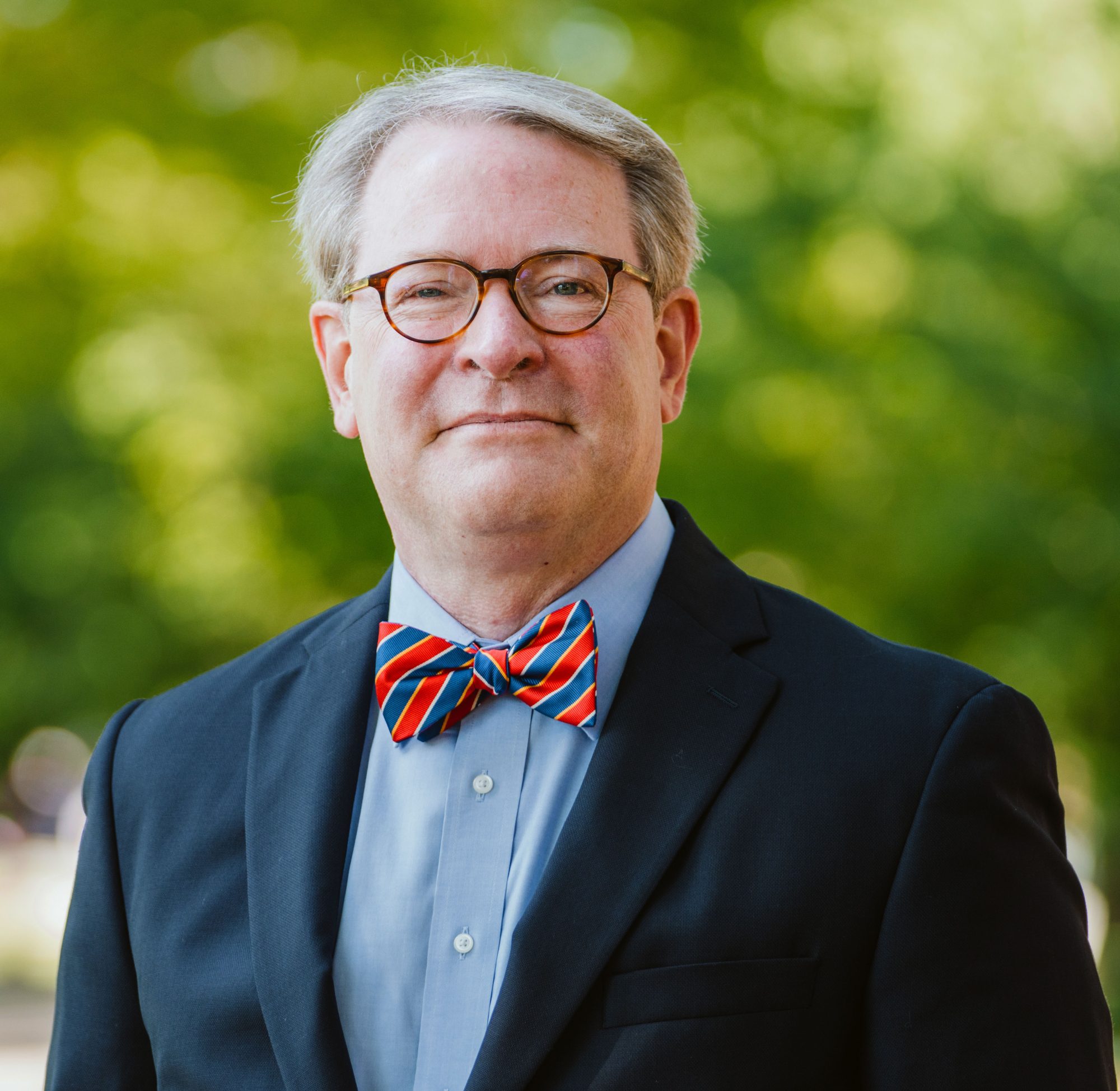
Michael Bitzer, Ph.D. is the Leonard Chair of Political Science and Professor of Politics and History at Catawba College in Salisbury, NC, where he has served since 2002. He earned a Ph.D. from The University of Georgia’s School of Public & International Affairs in American Politics, Public Law, and Public Administration and a master’s degree in history from Clemson University. The focus of his studies was on modern American history, Southern political history, and the history of Nazi Germany.
Bitzer is the author of several publications including “Redistricting and Gerrymandering in North Carolina: Battlelines in the Tar Heel State,” published as part of the Palgrave Studies in US Elections (2021); “North Carolina: A Deeply Divided Partisan State,” in “The New Politics of the Old South, 7th edition” (Rowan &Littlefield, 2021), and “North Carolina: Even More Deeply Divided in 2020,” in “The 2020 Presidential Election in the South” (Lexington Books, 2021). He also received the Cawelti Award for Best Textbook/Primer on American and popular culture by the Popular Culture Association in 2009.
Bitzer has been Interviewed and quoted on CNN, MSNBC, Fox News, BBC, London Broadcast Corporation, Australian Broadcast Corporation, France24, Al Jazeera, The New York Times, The Washington Post, The Charlotte Observer, The Raleigh News & Observer, The Atlanta Journal-Constitution, The Irish Times, The Guardian, USA Today, and the Los Angeles Times, among other media outlets.
Sponsored by the UNC Charlotte Public Policy Doctoral Program (celebrating its 21st year!), the College of Liberal Arts & Sciences Dean’s Office, the Department of Sociology, Center for Professional & Applied Ethics and the Department of Economics in the Belk College of Business.
Supported by the Pam Fawcett-Brandon and William P. Brandon Endowment for the Graduate Public Policy Program
Interested in learning more about the Public Policy PhD program, join us for a virtual Information Session
FOURTH ANNUAL
TALKING POLICY IN THE QUEEN CITY
Friday, February 11, 2022
A Virtual Event, Free and Open to the Public
Download the Full Program with Zoom Links
The Fourth Annual Talking Policy in the Queen City event will mark the 20th anniversary of UNC Charlotte’s Public Policy Doctoral Program. Public policy experts will converse about the new developments and opportunities in education, infrastructure/transportation, and health policy research. Esteemed alumni will also share insights regarding careers in public policy. Students, alumni and professionals will have many opportunities throughout the day to network. Join as many sessions as appeal to you. You may email your questions for the speakers to talkingpolicy@uncc.edu. We will monitor the questions and pose them to the speakers throughout the day.
The Schedule
| 9 a.m.–10:20 a.m. | Education Policy Panel |
| 10:30 a.m.–11 a.m. | Careers in Public Policy |
| 11 a.m.–12:20 p.m. | Transportation Policy Panel |
| 12:20 p.m.–12:50 p.m. | Lunch Break |
| 12:50 p.m.–1:50 p.m. | Plenary Address: Critical Issues for Public Health and Policy |
| 2 p.m.–3:15 p.m. | Careers in Health Policy |
Plenary Address: Critical Issues for Public Health and Policy, Dr. Marcus Plescia

Dr. Marcus Plescia is the Chief Medical Officer for the Association of State and Territorial Health Officials (ASTHO). He provides medical leadership and expertise across the agency and oversees ASTHO’s portfolio of chronic disease prevention and control programs. During the COVID-19 epidemic he has served as ASHTO’s principal spokesperson, and primary liaison to the Centers for Disease Control and Prevention. ASTHO is the national nonprofit organization representing the public health agencies of the United States, U.S. territories, and District of Columbia, as well as the more than 100,000 public health professionals these agencies employ. Dr Plescia has served in public health leadership roles at the local, state and federal level in North Carolina and at the Centers for Disease Control and Prevention. In these roles he has led successful efforts to enact systemic public health interventions including expanded cancer screening coverage, prescription drug and disease reporting requirements, revised clinical guidelines, and state and local tobacco policy. He has been prominent in nationwide efforts to transform public health practice to a more population-based, strategic framework, and led the implementation of the CDC’s national colorectal cancer screening program based on this approach. Dr Plescia received his Medical Degree, Master of Public Health and Bachelor of Science from the University of North Carolina at Chapel Hill. He trained in Family Medicine at Montefiore Medical Center in the Bronx, NY. He is Board Certified in Family Medicine and has practiced in a variety of settings serving homeless, urban poor and rural underserved populations. He has published extensively in the public health and family medicine literature.
Plenary Presider: Dr. Teresa Scheid, Professor, Department of Sociology, UNC Charlotte
The Panels
Education Policy Panel
Panelists will share their research and expertise on Education Policy, addressing developments, challenges, and opportunities. Attendees may submit questions for the panelists on the registration form or online during the event. The panel will conclude with a 20-minute open-networking opportunity, where all participants may chat informally.
Dr. Andy Baxter, Educator Recruitment and Support Research Fellow, North Carolina Department of Public Instruction
Dr. Martha Bottia, Senior Research Analyst, Institutional Research, UNC Charlotte
Dr. Sara Dahill-Brown, Associate Professor, Department of Politics and International Affairs, Wake Forest University
Dr. Stephanie Potochnick, Associate Professor, Department of Sociology, UNC Charlotte
Presider: Dr. Jason Giersch, Associate Professor, Department of Political Science and Public Administration, UNC Charlotte
Organizers: Dr. Jason Giersch and Dr. Stephanie Potochinick, UNC Charlotte
Careers in Public Policy Panel
Panelists will share their career experiences along with challenges and opportunities in their fields, emphasizing what can be learned by current students and individuals launching their careers in policy research.
Dr. Kirstin Wells, Principal Economist, Payments Division, Federal Reserve Board
Dr. Stephany De Scisciolo, Vice President of Impact and Evaluation, Enterprise Community Partners
Presider: Dr. Jason Windett, Associate Professor, Department of Political Science and Public Administration and Associate Director, Public Policy Doctoral Program, UNC Charlotte
Transportation Policy Panel
Panelists will share their research and expertise on Transporation Policy, addressing developments, challenges, and opportunities, especially in the light of the recently passed Federal Infrastructure Bill. Attendees may submit questions for the panelists on the registration form or online during the event. The panel will conclude with a 20-minute open-networking opportunity, where all participants may chat informally.
Dr. Genevieve Giuliano, Distinguished Professor of Public Policy and Director, METRANS Transportation Center, University of Southern California
Dr. Noreen McDonald, Department Chair, Thomas Willis Lambeth Distinguished Professor, Director of Carolina Transportation Program, The University of North Carolina at Chapel Hill
Dr. Olga Smirnova, Associate Professor of Public Administration, East Carolina University
Organizer and Presider: Dr. Jean-Claude Thill, Knight Distinguished Professor of Geography and Earth Science, UNC Charlotte
Careers in Health Policy Panel
Panelists will share their career experiences along with challenges and opportunities in health policy, emphasizing what can be learned by current students and individuals launching their careers in policy research. The panel will conclude with a 30-minute open-networking opportunity, where all participants may chat informally.
Dr. Ashley Dunham, Senior Director of Clinical Research, Cleerly
Dr. Cicily Hampton, Deputy Director of Operations and Eligibility Services at UMWA Health and Retirement Funds
Dr. Stephen Stemkowski, Research Consulting Principal at Humana Healthcare Research
Presider: Dr. Bill Brandon, Emeritus Metrolina Medical Foundation Distinguished Professor of Health Policy, Department of Political Science and Public Administration, UNC Charlotte
Sponsored by the UNC Charlotte Public Policy Doctoral Program (celebrating its 20th year!), The Urban Institute, the Department of Public Health Sciences, and the Gerald G. Fox Master of Public Administration Program Supported by the Pam Fawcett-Brandon and William P. Brandon Endowment for the Graduate Public Policy Program
Former FEMA Administrator Spoke At “Talking Policy In The Queen City” Community Event
Former Federal Emergency Management Agency (FEMA) Administrator Brock Long headlined UNC Charlotte’s third annual “Talking Policy in the Queen City” symposium Wednesday, Feb. 24, from noon to 1:15 p.m. EST via livestream.
The event, hosted by the UNC Charlotte Public Policy Ph.D. Program and the Gerald G. Fox Master of Public Administration Program, in partnership with the UNC Charlotte Urban Institute, calls attention to national, state and local policy insights and perspectives and how they affect citizens and organizations in Charlotte and beyond. The discussion with Long focused on how organizations can improve their cultural preparedness and emergency management systems.
“Given the COVID-19 pandemic, we have all had to learn how to better prepare for unexpected emergencies,” said Stephanie Moller, director of UNC Charlotte’s Public Policy Ph.D. Program. “This year’s subject is relevant and challenging to every level of our society, and we are fortunate to be able to combine the insights of our interdisciplinary faculty with Brock’s subject matter expertise.”
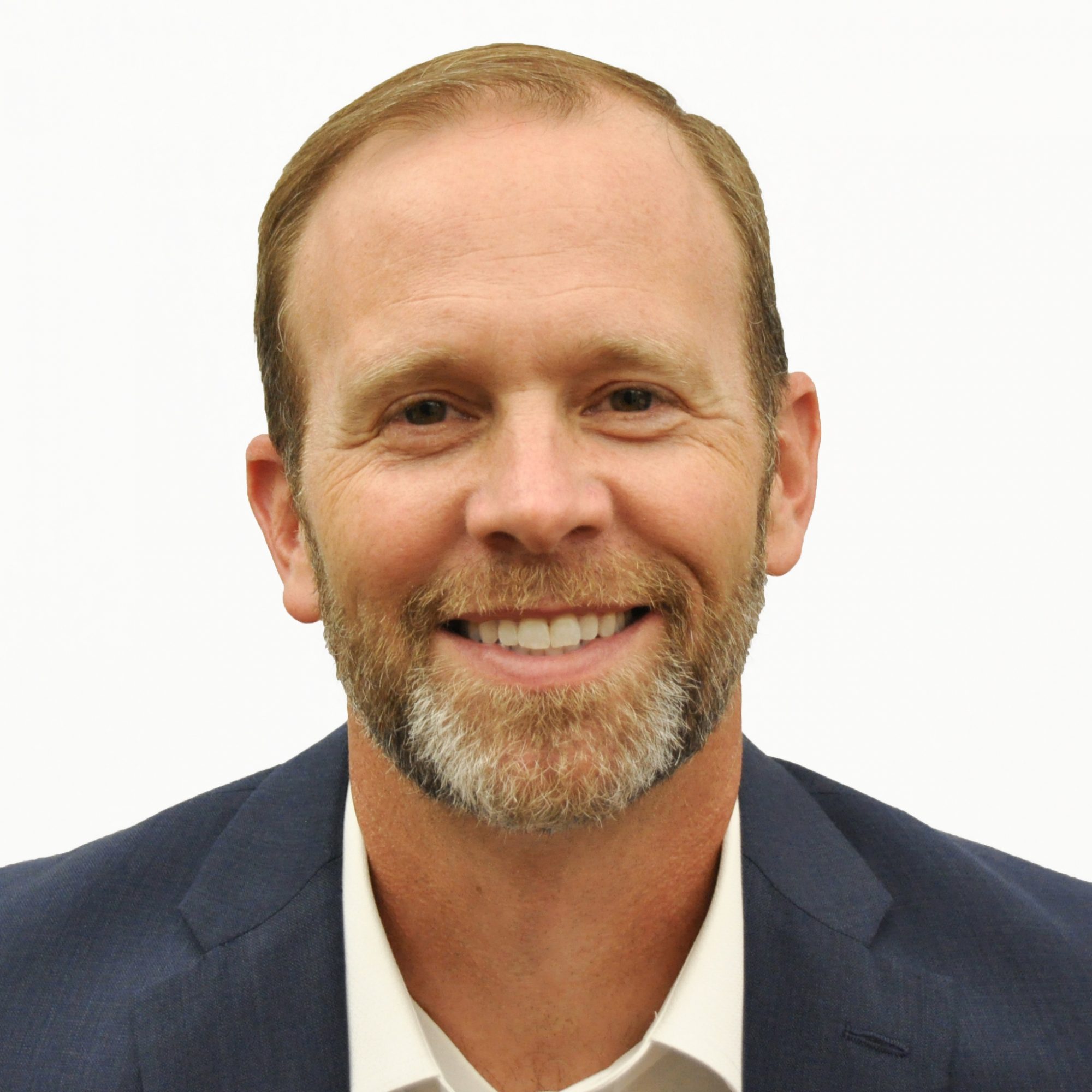
Long served as FEMA administrator from 2017 to 2019, overseeing 144 presidentially declared disasters, including three of the nation’s most devastating hurricanes, and 112 wildfires. During his tenure at FEMA, Long helped transform the agency’s business enterprise, creating the community lifeline and FEMA Integration Teams, and he implemented pre-disaster mitigation efforts, a priority under the Disaster Recovery Reform Act.
In his “Readiness and Resilience: Cultural Preparedness and Emergency Management” talk, Long will share insights on successful emergency management and strategies for both natural and man-made disasters, including pandemics, highlighting that an effective response to a disaster requires collaboration and cooperation at all levels of society. Long will also touch on what state and local government, private companies, nonprofit organizations, and the general public should be doing today to prepare for tomorrow’s emergencies.
“The MPA program prides itself on the integration of theory and practice, so it is especially fitting that we are hosting a practitioner the stature of Brock Long, who has executed emergency management policy at every level of government,” said Thomas Barth, director of the UNC Charlotte MPA Program.
Kevin Staley, retired deputy director of Mecklenburg EMS Agency (MEDIC), moderated the discussion. Staley serves on the North Carolina Emergency Medical Services Advisory Council and is a commissioner on the state’s Emergency Response Commission. He also brings his expertise to UNC Charlotte students as an adjunct faculty member.
About the Event Sponsors
Public Policy Doctoral Program
The interdisciplinary Public Policy Doctoral Program prepares students to become researchers, decision makers and policy analysts in local, state or federal governments, not-for-profit agencies, for-profit institutions and academia. Students learn the foundations of policy development, implementation and evaluation, gaining the expertise to pursue varied policy domains, adapt to changing policy environments and clearly communicate research results to shape policy outcomes.
Gerald G. Fox Master of Public Administration Program
The Gerald G. Fox Master of Public Administration (MPA) Program has a three-part mission of preparing students for leadership careers in the public and nonprofit sectors, conducting research to advance the field of public administration, and serving the community through applied research projects and internships. The program was listed in the top 21% of U.S. News & World Report’s 2021 rankings of public affairs programs nationwide.
UNC Charlotte Urban Institute
The Urban Institute is a nonpartisan, applied research and community outreach center at UNC Charlotte. Founded in 1969, it provides services including technical assistance and training in operations and data management; public opinion surveys; and research and analysis around economic, environmental, and social issues affecting the Charlotte region. The institute is part of UNC Charlotte’s Office of Urban Research and Community Engagement (formerly known as Metropolitan Studies), which is a unit of Academic Affairs.
Endowment Support
The Pam Fawcett-Brandon and William P. Brandon Endowment for the Graduate Public Policy Program also provides support for the event.